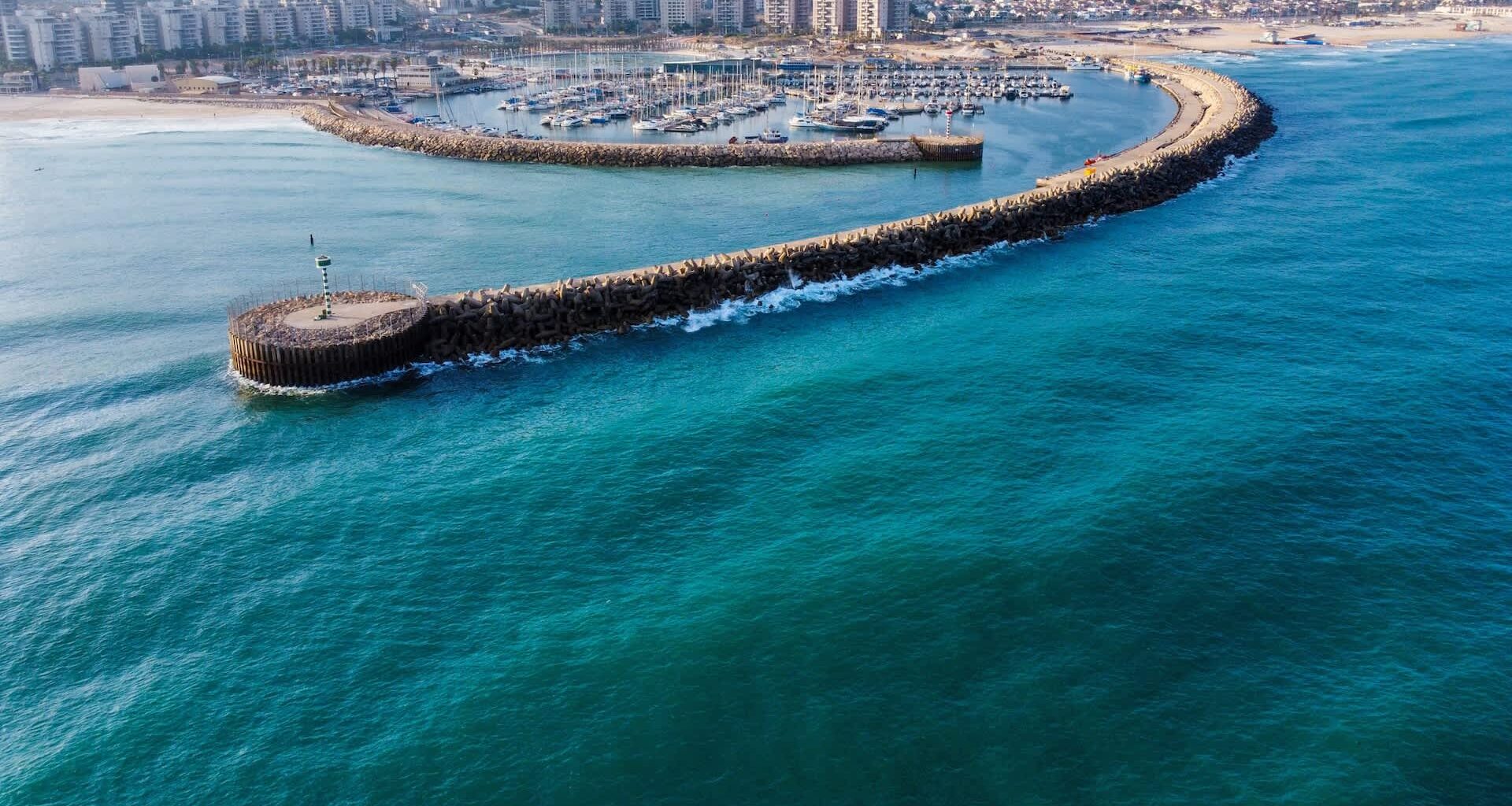Swimmers at an Ashdod beach witnessed an astonishing sight when a huge fin surfaced nearby, forcing authorities to clear the water and document a marine visitor that has never been officially recorded along Israel’s coastline, reported Ynet News.
Officials identified the animal as a whale shark, marking the inaugural verified observation of this species in Israeli Mediterranean waters. Scientists confirmed the identification by examining video recorded at the beach.
Dr. Aviad Scheinin from the University of Haifa’s Morris Kahn Marine Research Station studied the footage and confirmed the groundbreaking observation.
“This is the first documented sighting of a whale shark along Israel’s Mediterranean coast, and only the third confirmed sighting in the entire Mediterranean,” Scheinin said.
Whale sharks grow to become the planet’s biggest fish, commonly measuring 12 to 14 meters (39 to 46 feet) in body length and living beyond 100 years. Their size may seem frightening, but these ocean giants consume nothing but plankton, little fish, and miniature crustaceans strained from seawater.
This observation matters for protecting endangered animals. The International Union for Conservation of Nature lists whale sharks as endangered, so each confirmed sighting provides useful information for monitoring where populations live and how they move. Researchers think this particular animal probably swam through the Suez Canal before arriving in Israeli waters.
Want to go solar but not sure who to trust? EnergySage has your back with free and transparent quotes from fully vetted providers that can help you save as much as $10k on installation.
To get started, just answer a few questions about your home — no phone number required. Within a day or two, EnergySage will email you the best local options for your needs, and their expert advisers can help you compare quotes and pick a winner.
Documentation from beach cameras and witnesses provides scientists with valuable information about threatened species. Such records allow researchers to map travel corridors, track where animals live, and study how they use different habitats, information that shapes conservation planning.
Marine biodiversity protection benefits people, too. When ocean systems thrive, fisheries stay productive, which feeds millions of people worldwide. Plus, when we monitor and safeguard species like whale sharks, we preserve the biological networks that support seafood industries.
The two earlier Mediterranean observations happened in Turkey during 2021 and off the North African coast near Ceuta in December 2022, where fishing crews netted one while catching tuna. Every new sighting builds scientific knowledge about these endangered animals’ movements and whether their numbers are growing or shrinking.
Scheinin observed that the animal appeared healthy when people saw it. Whale sharks sometimes visit the Gulf of Eilat, but this Mediterranean observation set a new precedent for Israel’s ocean wildlife documentation.
Join our free newsletter for good news and useful tips, and don’t miss this cool list of easy ways to help yourself while helping the planet.


